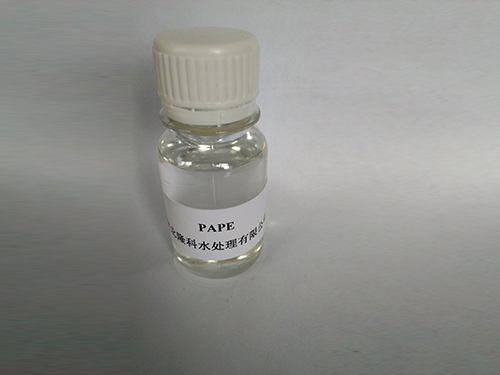corrosion scale inhibitor
Corrosion Scale Inhibitors A Key to Enhanced Material Longevity
Corrosion is a natural process that leads to the deterioration of materials, especially metals, when they interact with their environment. This degradation can severely impact the performance and lifespan of industrial equipment, pipelines, and structures. As a result, finding effective methods to combat corrosion has become a priority across various sectors, including oil and gas, water treatment, and manufacturing. One of the most effective strategies employed to mitigate this issue is the use of corrosion scale inhibitors.
Corrosion scale inhibitors are chemicals that are added to a system to reduce the rate of metal corrosion. These inhibitors work by forming a protective film on the surface of the metal, interrupting the electrochemical reactions that lead to corrosion. Various types of inhibitors exist, including organic inhibitors, inorganic inhibitors, and those that are surface-active. The choice of inhibitor often depends on the specific environment and the materials involved.
Organic inhibitors, for example, are generally effective in acidic environments, where they can absorb onto the metal surface and create a barrier against corrosive agents. Common examples include amines, phosphonates, and certain fatty acids. In contrast, inorganic inhibitors, such as chromates and phosphates, are often used in alkaline conditions and can provide immediate protection by reacting with the metal surface to form stable compounds.
corrosion scale inhibitor

The effectiveness of a corrosion scale inhibitor is influenced not only by its type but also by the concentration used, the temperature of the environment, and the presence of other substances that could interact with the inhibitor. Continuous monitoring and adjustment may be necessary to maintain optimal conditions for corrosion protection.
Moreover, the application of scale inhibitors extends beyond mere protection. In many cases, they can enhance the efficiency of industrial processes by reducing maintenance costs and downtime associated with corrosion-related failures. For example, in oil and gas production, inhibitors play a critical role in ensuring the longevity of pipelines, reducing the risk of leaks, and extending the overall lifecycle of equipment.
In conclusion, corrosion scale inhibitors are indispensable tools in the fight against material degradation. By employing the right inhibitors, industries can not only protect their assets but also facilitate smoother operations and prevent costly interruptions. As research and technology continue to advance, the development of more effective and sustainable corrosion inhibitors will likely remain a focus, promising to enhance material performance well into the future.
-
lk-319-special-scale-and-corrosion-inhibitor-for-steel-plants-advanced-solutions-for-industrial-water-systemsNewsAug.22,2025
-
flocculant-water-treatment-essential-chemical-solutions-for-purification-processesNewsAug.22,2025
-
isothiazolinones-versatile-microbial-control-agents-for-industrial-and-consumer-applicationsNewsAug.22,2025
-
scale-inhibitor-key-solutions-for-water-system-scale-preventionNewsAug.22,2025
-
organophosphonates-versatile-scale-inhibitors-for-industrial-water-systemsNewsAug.22,2025
-
scale-and-corrosion-inhibitor-essential-chemical-solutions-for-water-system-maintenanceNewsAug.22,2025





